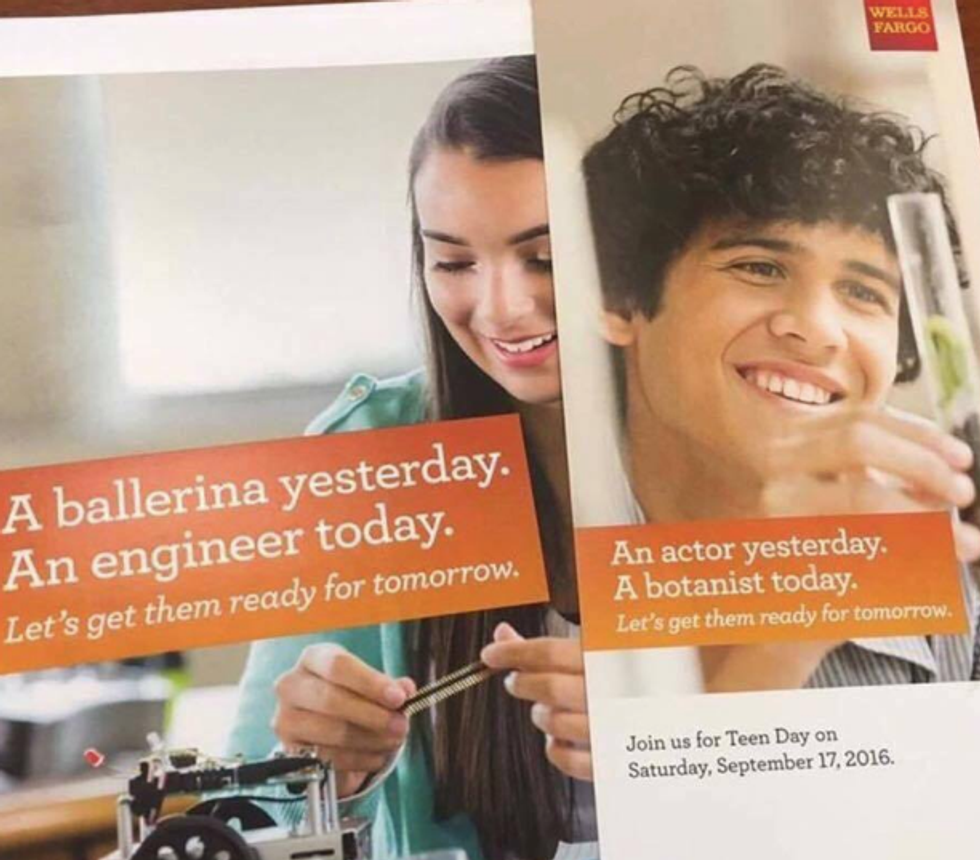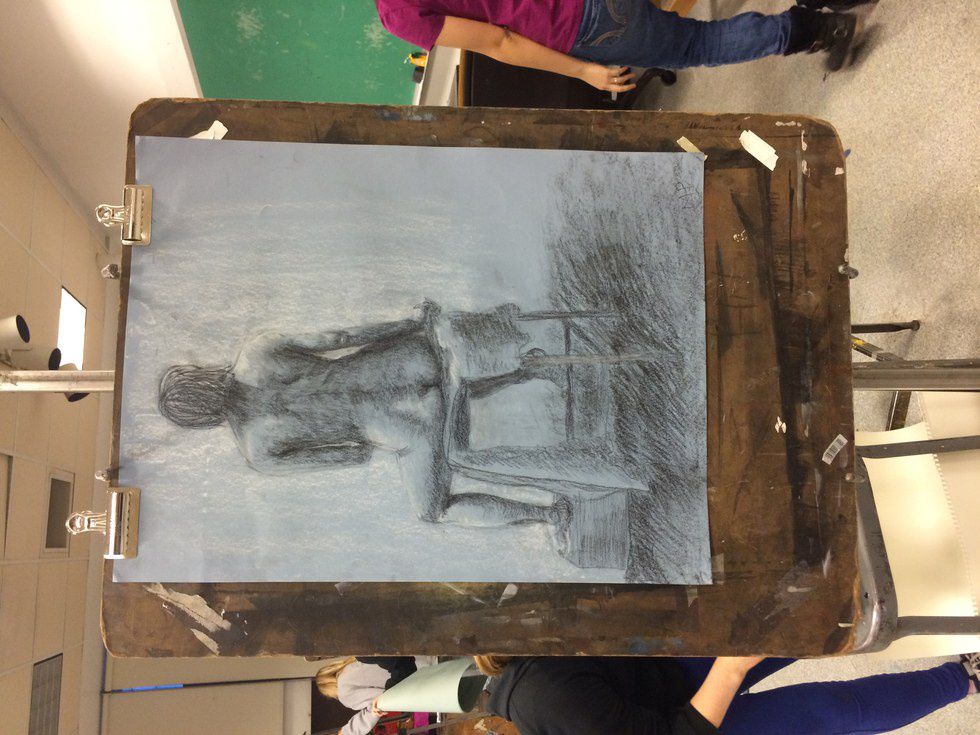In my family, growing up, art was something that always came second— or, rather, it could come first, but only if you were good enough at it to be able to put it on a resumé. Art was encouraged, but only to the point where it might make you “well-rounded,” for anything past that was impractical, superfluous— totally and utterly useless.
It’s easy to understand why my parents encouraged me away from the arts; growing up in the hyper-competitive Silicon Valley, any time spent leisurely was clearly time wasted. And besides, I already played the flute, and played it very well, so why take up painting? Why spend my time scrawling disjointed poems in a ratty notebook? Why pick up the guitar?
Fair questions from my parents’ point of view, for clearly I was never destined to be a Da Vinci, Walt Whitman, or a Jimi Hendrix. And my mom knew better than anyone— she learned the hard way that there’s very little space for the arts in this world. Growing up, my mom played the guitar, and tried to make a career out of it. She was a desperate music major, playing any gigs she could get her hands on, until she finally got a break in the recording business, playing as a back up and an extra; two of my mom’s biggest gigs were actually with Prince and Michael Jackson— pretty bad-ass if I do say so myself.
But somewhere along the line, music stopped being enough for her. She traded in her guitar for a suit, enrolled in business school and never looked back. She rarely ever plays anymore.
But this type of logical, economical thinking isn’t just confined to my parents or Penn— it’s much bigger than that. In fact, the other day I saw a flyer (pictured below) from Wells Fargo, stating the slogan of their new Teen Program campaign. It says, “A ballerina yesterday. An engineer today…. An actor yesterday. A botanist today…. Let’s get them ready for tomorrow.”
This is exactly the kind of hegemonic ideology that turns kids away from the arts, and encourages them to pursue more “practical” professions. But the problem with campaigns like these is not only that kids do not aspire to become professional artists, but they don’t aspire to engage with art at all. Even as a hobby or a side-interest, art is shunned, creativity stamped out in favor of more main-stream modes of thought.
Arts across the country are beginning to be valued less and less. In fact, due to the recent recession, many U.S. public schools experienced budget cuts; according to Law Street, since 2008 it’s estimated that 80% of schools have had their budgets reduced. As a result, many public schools opted to cut art programs. For example from 1999-2000 about 20% of public high schools offered theater and dance programs; from 2009-2010 this number dropped to 3%, a drastic 85% decrease.
A basic education in the arts is not only a luxury, but it’s a necessity: we need the arts. The statistical benefits of an early education that includes the arts are endless: according to Americans for the Arts, low income children who are engaged in the arts are more than twice as likely to graduate from college than their peers who are not involved in the arts. Similarly, not only are children more likely to stay in school, but an education in the arts actually makes kids perform better: according to the same study, children who participated in 4 years of high school art scored on average 100 points higher on their SAT’s than children who didn’t.
Apart from success statistics, it’s imperative that we teach our children to value creativity. Art encourages curiosity, passion, and counter-hegemonic ways of thinking. It teaches kids to challenge the rules, to break them, and to know when to re-write them altogether. Art teaches kids something you can’t find in a textbook. I’m no major artist myself— no Picasso, no Mozart— but I’m so thankful that I have the artistic vocabulary and means to express myself in a way that doesn’t fit in a multiple choice bubble. Art should be created for creation’s sake, for personal catharsis, for exploration, retrospection, and everything in between— not, rather, as a prize to show off, not something you can put on a resumé.
I often feel engulfed, overwhelmed by the main-stream Whartonites and intense grade-mongering pre-meders at Penn. In such a pre-professional environment, it’s easy to forget just how important the arts are— especially when major corporations like Wells Fargo are trying to tell us they aren’t. Let’s not forget that art changes lives, changes perspectives, opens your mind and heart to new experiences. Creativity isn’t something you practice with a paintbrush in your hand: it’s a life mind-set. Create art for art’s sake.






















